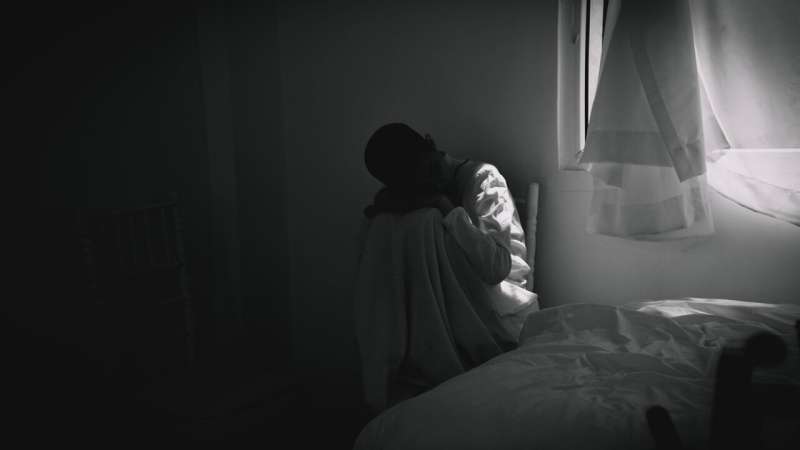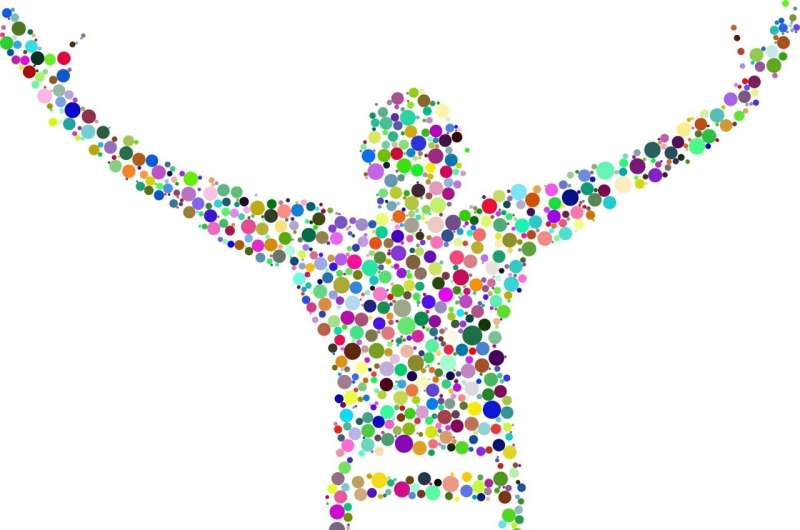Low Treatment Rates Among Depressed Adolescents Revealed in New Study

A new study reveals that less than half of adolescents with depression receive treatment in the US, with significant disparities among rural, gender, and racial groups, emphasizing the need for improved mental health access.
A recent study highlights a concerning trend in mental health care utilization among adolescents suffering from major depressive episodes (MDE) in the United States. Though depression rates have surged in the aftermath of the COVID-19 pandemic, less than half of affected teens received any form of mental health treatment in 2022, with even fewer accessing specialist care. The research, published in PLOS Mental Health, analyzed data from the 2022 U.S. National Survey on Drug Use and Health, focusing on youths aged 12 to 17. Out of 11,969 respondents, approximately 19.2% met the diagnostic criteria for MDE. Surprisingly, only 47.5% of these teens reported receiving some kind of treatment. Specifically, 39.1% had seen a mental health specialist, 30.5% received school-based support, and 25% were on prescribed medication. The study also uncovered significant disparities based on sociodemographic factors. Adolescents living in rural areas were considerably less likely to access specialist treatment compared to their urban counterparts (AOR 0.64). Gender and race also played a role, with females more likely to seek help (AOR 1.59), whereas Black teens had a notably lower likelihood of utilizing mental health services (AOR 0.36). According to the authors, addressing these disparities is essential for creating an equitable mental health support system for all adolescents. The findings underscore the urgent need for targeted outreach and intervention strategies to ensure that vulnerable groups receive appropriate care, ultimately helping prevent long-term adverse outcomes linked to untreated depression.
Stay Updated with Mia's Feed
Get the latest health & wellness insights delivered straight to your inbox.
Related Articles
Study Links Immigration Enforcement to Children's Mental Health Crisis
A groundbreaking report links aggressive immigration enforcement to a mental health crisis among children, highlighting the urgent need for policy reform and mental health advocacy to protect vulnerable youth from trauma and long-term psychological harm.
Regular Physical Activity and Organized Sports Help Protect Children's Mental Health
Engaging children in regular physical activity and organized sports can significantly reduce the risk of developing mental health disorders during childhood and adolescence. Findings highlight the importance of early physical activity for building resilience and promoting mental well-being.
Beyond DNA: The Complex Story of Trauma and Its Transgenerational Effects
New scientific insights reveal that trauma's impact is shaped by an intricate interplay of biology, environment, and culture, challenging long-held beliefs about genetic inheritance of trauma effects.



